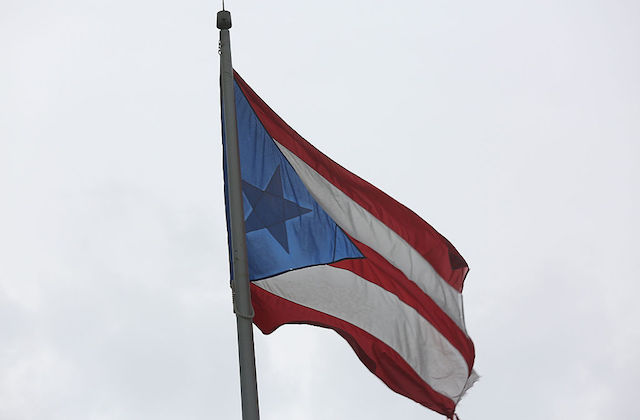Puerto Ricans Vote Overwhelmingly for Statehood

Puerto Rico has been a territory of the United States since 1898, with a dire financial situation to show for it. Yesterday (June 11), the island took a step toward becoming the 51st state in the union.
The Associated Press reports that 97 percent of voters in a referendum opted for Puerto Rican statehood. About 7,600 (1.5 percent) voted for total independence, while 6,700 (1.3 percent) wish to remain a territory. Just 23 percent of eligible voters headed to the polls. The United States Congress has the final say on the status of the island.
It isn’t the first time the people have voted for statehood, but Governor Ricard Rosello told The AP that he will push forward with making it happen. “Puerto Rico voted for statehood,” he said. “In any democracy, the expressed will of the majority that participates in the electoral processes always prevails. It would be highly contradictory for Washington to demand democracy in other parts of the world, and not respond to the legitimate right to self-determination that was exercised today in the American territory of Puerto Rico.”
The last vote for statehood was in 2012—when 54 percent of voters opted to join the union—but political factions resisted the change. Carlos Delegado of the Popular Democratic Party, still opposes statehood. “The cost of statehood on the pocketbook of every citizen, every business, every industry will be devastating,” he told The AP. “Whatever we might receive in additional federal funds will be cancelled by the amount of taxes the island will have to pay.”
Statehood advocacy group PR51st argues that joining the rest of the nation would bring decreased poverty and unemployment, and allow for improvements to infrastructure and safety.
Meanwhile, The AP reports that the U.S. Department of Justice did not back the vote:
A department spokesman told the AP that the agency has not reviewed or approved the ballot’s language. Federal officials in April rejected an original version, in part because it did not offer the territory’s current status as an option. The Rossello administration added it and sent the ballot back for review, but the department said it needed more time and asked that the vote be postponed, which it wasn’t.
